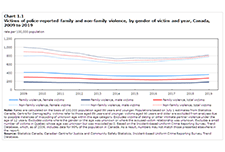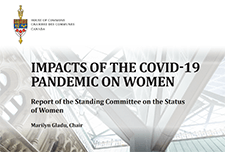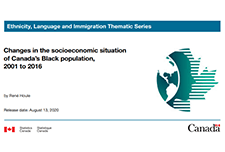Gender-based violence (GBV) is one of the most prevalent human rights issues in the world. Worldwide, an estimated one in three women will experience physical or sexual abuse in her lifetime. GBV is a multifaceted issue that undermines the health, dignity, security and autonomy of women and has a pervasive effect across political, social and economic sectors. Since 2020, this has only intensified as a result of the COVID-19 pandemic, where social and economic repercussions left many isolated in homes with heightened tensions, without income from informal jobs, and lacking the support and protection of schools and community centres that were safe havens from abuse.
Programming on preventing GBV has enhanced the linkages and understanding of the use of violence as a deliberate strategy to exercise and exert power over women and maintain gendered structures, institutions and knowledge systems. As a result, it has become increasingly clear that GBV and women’s economic empowerment (WEE) are interlinked and dependent. Therefore, in order to create an environment where the health, rights and well-being of women can thrive, it is essential to develop policies, programs and resources that address the complexities that exist between economic empowerment and GBV.
Read more on the Canadian Partnership for Women and Children’s Health (CanWaCH) website.





